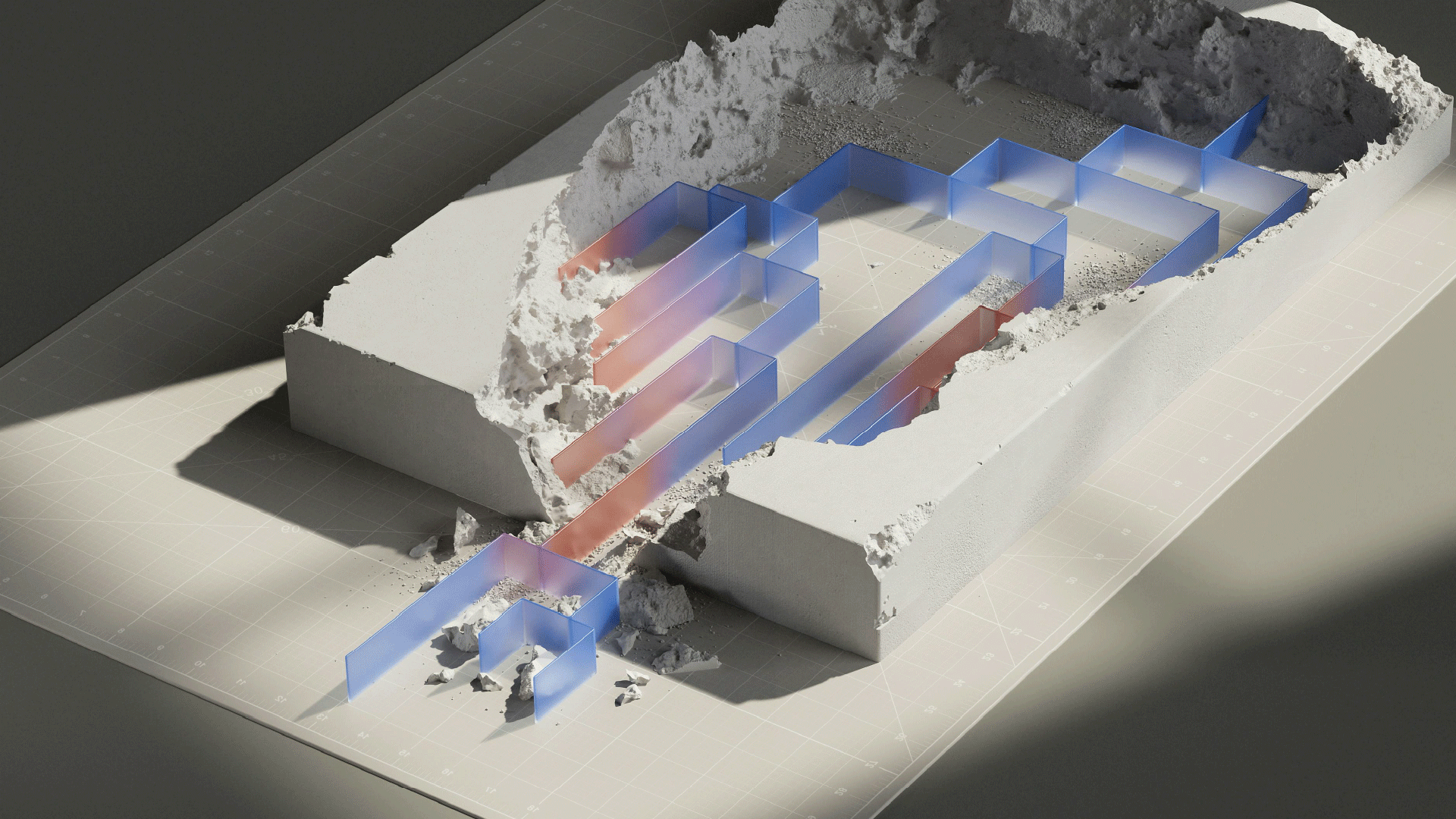What It Takes to Power Up an Idea
There’s this misconception that venture building is only for “venture builders.” That it’s some specialized skill only certain people have. But here’s what we’ve learned so far in 1882 Energy Ventures: venture building is for everyone.
Every person on our team, whether they’re in HR, finance, corporate services, marketing, or the venture team itself, gets to be part of creating something from nothing. And that’s not just a nice-to-have–it’s essential to how we build ventures that actually work.
And we’ve done it more than once. From building from scratch to helping founders sharpen their edge, we’ve seen how the work–and the people doing it–evolve over time.
Everyone Gets to Build
In a lot of studios, venture building seems like it’s just the job of a small core team. But in 1882, the building is truly cross-functional. Whether you’re in finance, HR, marketing, or operations, you’re not just supporting the venture–you’re shaping what it becomes.
You don’t have to be a founder-type or have startup experience to thrive here. Some of the best builders have come from finance, HR, operations, or design–not because they had all the answers, but because they were curious, collaborative, and willing to build from the ground up. In 1882, we believe venture building isn’t about fitting a mold. It’s about showing up with range, resourcefulness, and a drive to make things real.

The Magic of Different Perspectives
Here’s what happens when everyone thinks like a builder:
The finance manager doesn’t just plug numbers into a spreadsheet. They start asking questions about the user journey, because understanding how people discover, try, and stay with a product helps them model acquisition and retention costs more accurately.
The corporate services lead, after setting up operations across a few ventures, builds intuition about scalability–knowing from experience which processes break at 10 customers, and which ones hold at 1,000.
The marketing person starts spotting patterns in business models and pricing psychology, because they’ve seen how brand positioning, product experience, and value communication can unlock (or block) growth.
The HR partner begins to anticipate which founder profiles will thrive in a particular business model, and designs org structures and team dynamics that help the venture scale from day one.
And because everyone’s building together, the learning happens naturally–and across roles. A finance teammate working on a solar venture starts to notice how payment behaviors affect both pricing and product design. An HR partner hiring for a lean ops team sees firsthand how much culture shapes early team performance. A marketer launching an e-mobility pilot begins to understand how messaging shifts when you’re speaking to both businesses and their riders. You don’t just get better at your function– you start thinking more like a builder.
That’s also when the collaboration shifts–not just handoffs, but real-time conversations. The HR lead isn't just asking for a headcount plan; they’re part of the early convos about team design. The legal review isn’t just a checklist–it’s shaped by marketing insights and financial implications.
It’s not a linear process; it’s a layered one. Every venture makes us better. Every project sharpens cross-functional instincts. And over time, it creates not just stronger companies, but stronger builders.

The Outcome: Stronger Ventures
When everyone thinks like a builder, the ventures we create are just stronger. They’re more thought-through, more resilient, more ready for the real world. Because they’ve been shaped by people who understand finance, operations, marketing, people, and product development — not just one of those things.
And there’s something energizing about this approach. When you’re not just providing a service but actually building something, when you get to see your insights and decisions shape what becomes a real company–it makes the work so much more meaningful.
It’s how people across the team (even those who never saw themselves as entrepreneurs) start to exhibit the same traits we look for in founders: clarity, stamina, pattern recognition, and range. As we wrote in What Makes a Good Founder, these aren’t just nice-to-haves. They’re what help us navigate the uncertainty of zero to one.
The Human Element
At the end of the day, what powers up an idea isn’t just the right process or methodology. It’s having people who care about the outcome. People who bring their full selves to the work. People who see themselves as builders, and not just service providers.
When everyone on the team gets to participate in venture building, everyone gets to experience that incredible feeling of watching an idea become something real.
It’s the same energy we explored in A Week in the Life of a Venture Builder–the mix of purpose, momentum, ownership, and collaboration that turns early-stage chaos into clarity. When teams build this way, the work doesn’t just get done. It becomes transformative.
That feeling, that momentum, is what keeps us coming back to do it again.








